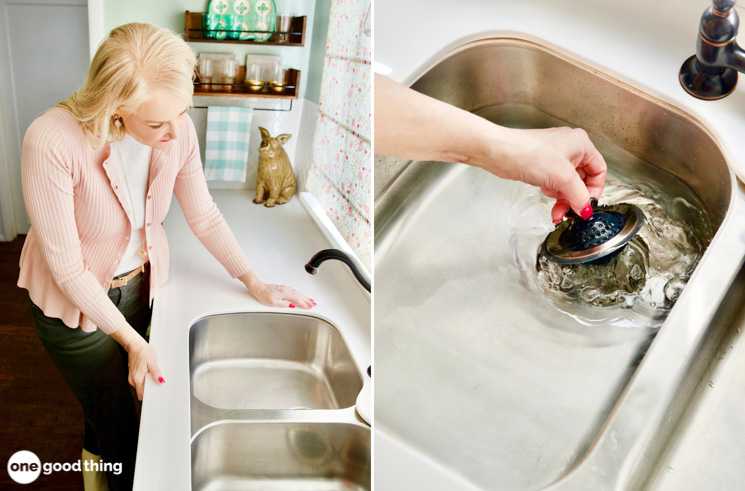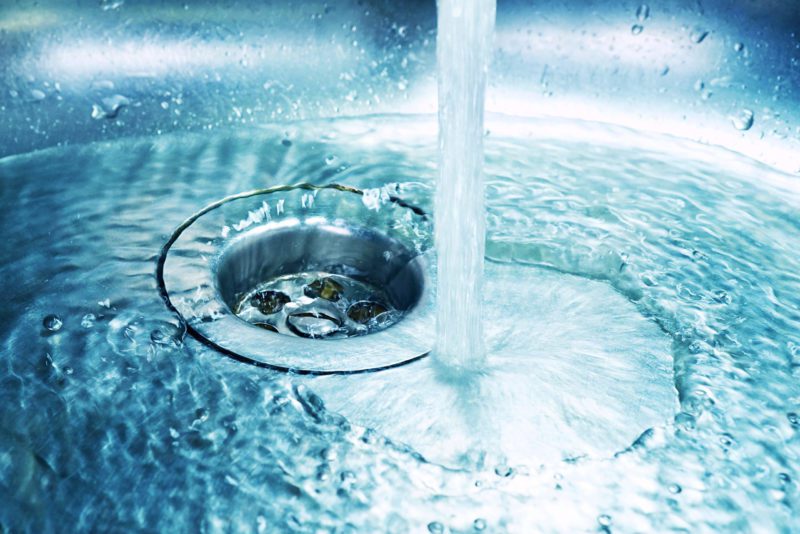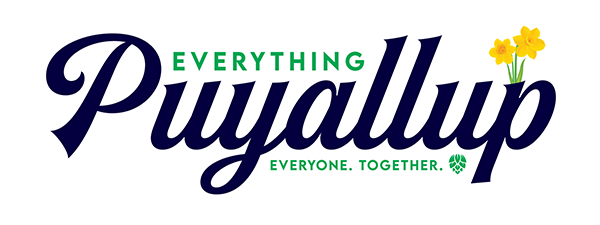Have you ever experienced the frustration of a clogged drain? Whether it’s a kitchen sink that won’t drain or a shower that leaves you standing in ankle-deep water, most homeowners know the inconvenience all too well. The good news is that with a little preventative maintenance, you can keep your drains clear and functioning properly. Not only does this save you the hassle of dealing with clogs, but it also helps to ensure the long-term health of your home’s plumbing system. Let’s dive into some expert tips on maintaining clean drains and avoiding those pesky clogs.
- An expert guide to keeping your drains clog-free. Source: @byjillee – onegoodthingbyjillee.com
One of the simplest and most effective methods for keeping your drains clear is using dish soap and water. You’ll need some dish soap (plumbers often recommend Dawn for its grease-fighting power) and a drain stopper. Start by pouring a few tablespoons of dish soap directly into the drain. Allow it to sit for a few minutes to break down any greasy buildup inside your pipes. Next, place the drain stopper in the sink and fill it up with cold tap water. Once full, remove the stopper to let the water drain. This process helps to flush out the loosened grease and grime, leaving you with cleaner pipes. For kitchen sinks prone to greasier clogs, using hot water in place of cold can be even more effective.

- The effective dish soap trick for sparkling clean drains. Source: @byjillee – onegoodthingbyjillee.com
Preventing drain clogs doesn’t end with a one-time cleaning; it’s about adopting daily practices to keep them clear. First and foremost, be mindful of what you put down your drains. Avoid pouring oils or grease into your kitchen sink, as they can solidify and cause blockages. Similarly, ensure that only water, human waste, and toilet paper are flushed down toilets, as even items labeled “flushable” can lead to clogs. Additionally, running hot water down your drains for about 30 seconds each day can help flush out any buildup. Installing screens over drains in your kitchen and bathroom can also catch food particles and hair, preventing them from causing clogs.

- Daily habits for lifelong clear drains – insights from Apollo Home. Source: digital.team – apollohome.com
Even with the best preventative measures, you may still encounter a tough clog. Before reaching for chemical drain cleaners, which can be harsh on your pipes and the environment, consider a natural approach. A popular home remedy involves using baking soda and vinegar. Start by pouring boiling water down the drain, followed by a cup of baking soda and then a mixture of vinegar and more hot water. Cover it for about 20 minutes, and then flush with more boiling water. For more stubborn clogs, a plumbing snake or plunger might do the trick. If these efforts fail, it could indicate a deeper issue that requires professional attention. Don’t hesitate to call a qualified plumber to ensure your plumbing system remains in top condition.
Keeping your drains clean and clog-free is an essential part of home maintenance that shouldn’t be overlooked. By incorporating these simple steps into your daily and weekly routines, you can avoid the inconvenience, expense, and potential damage caused by blocked pipes. Remember, a little preventative care goes a long way in maintaining a healthy, happy home.

